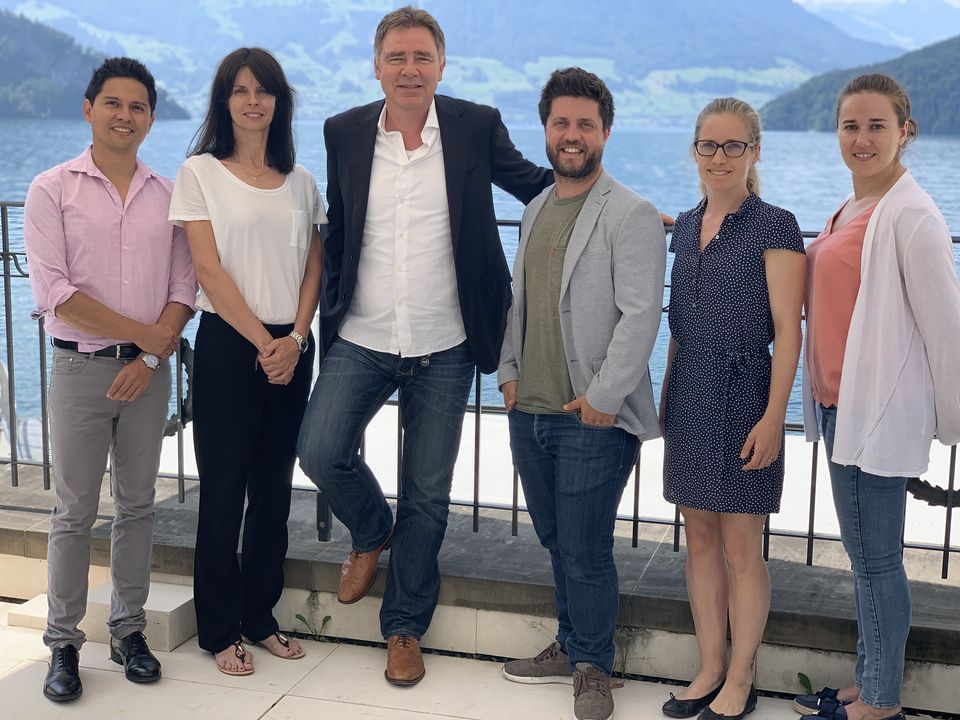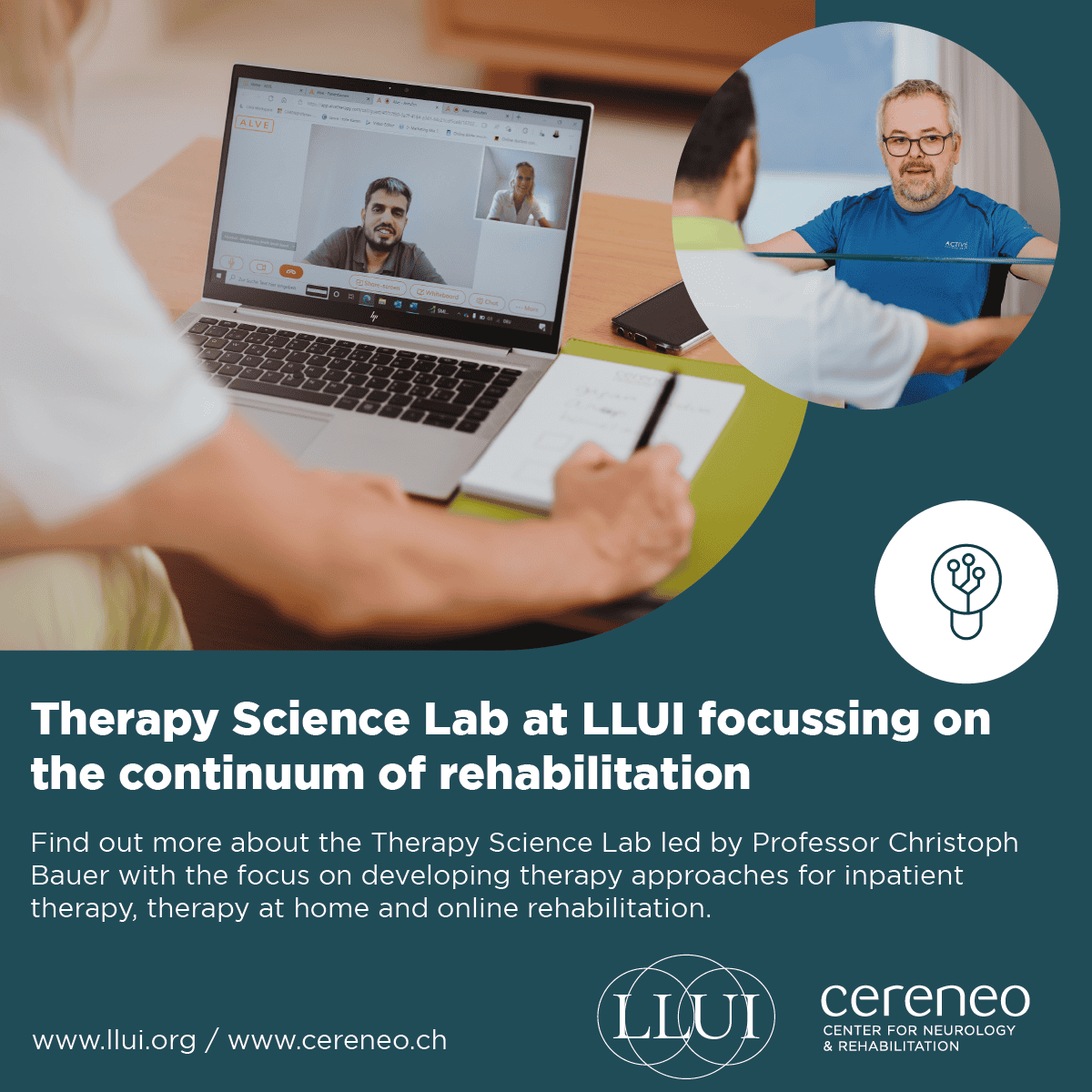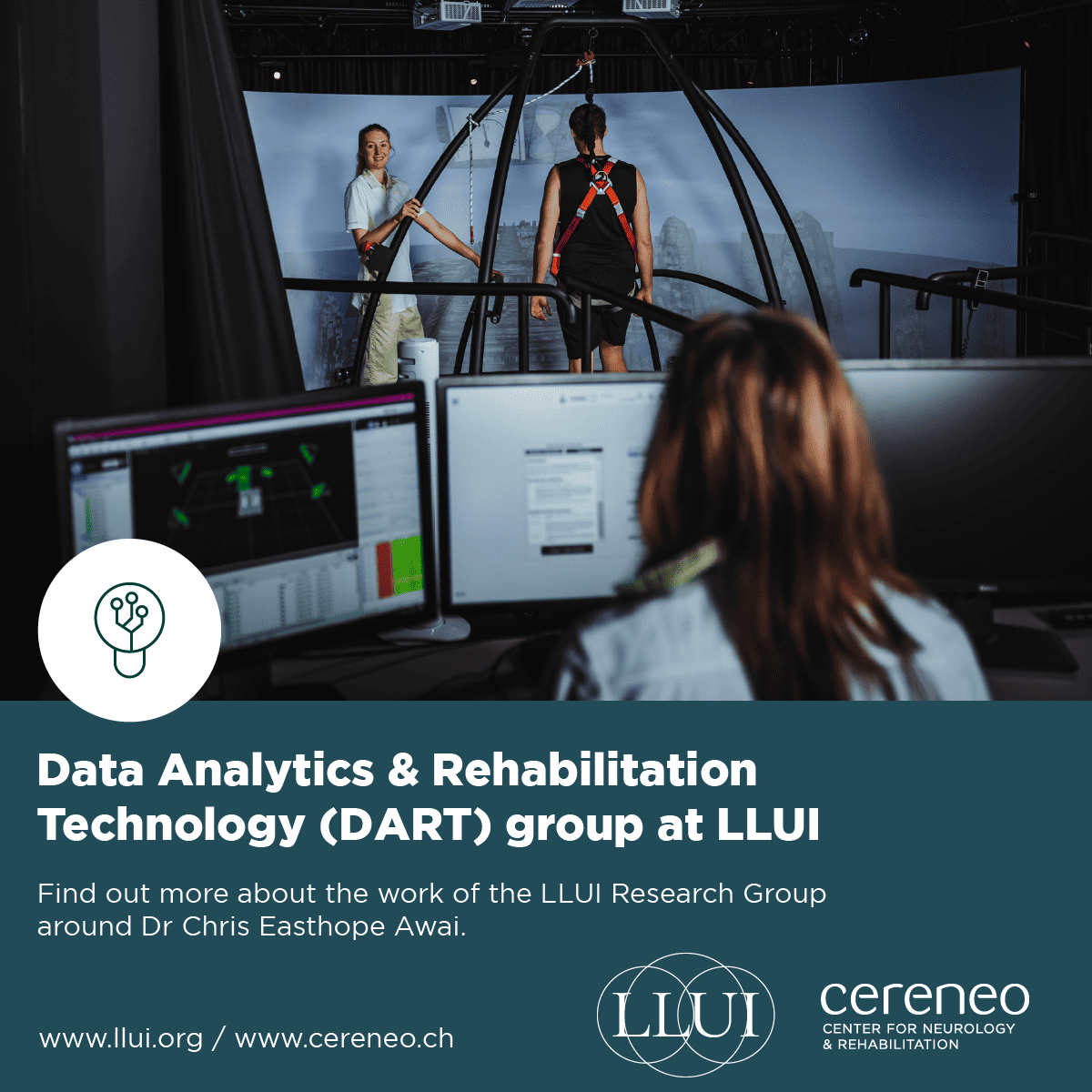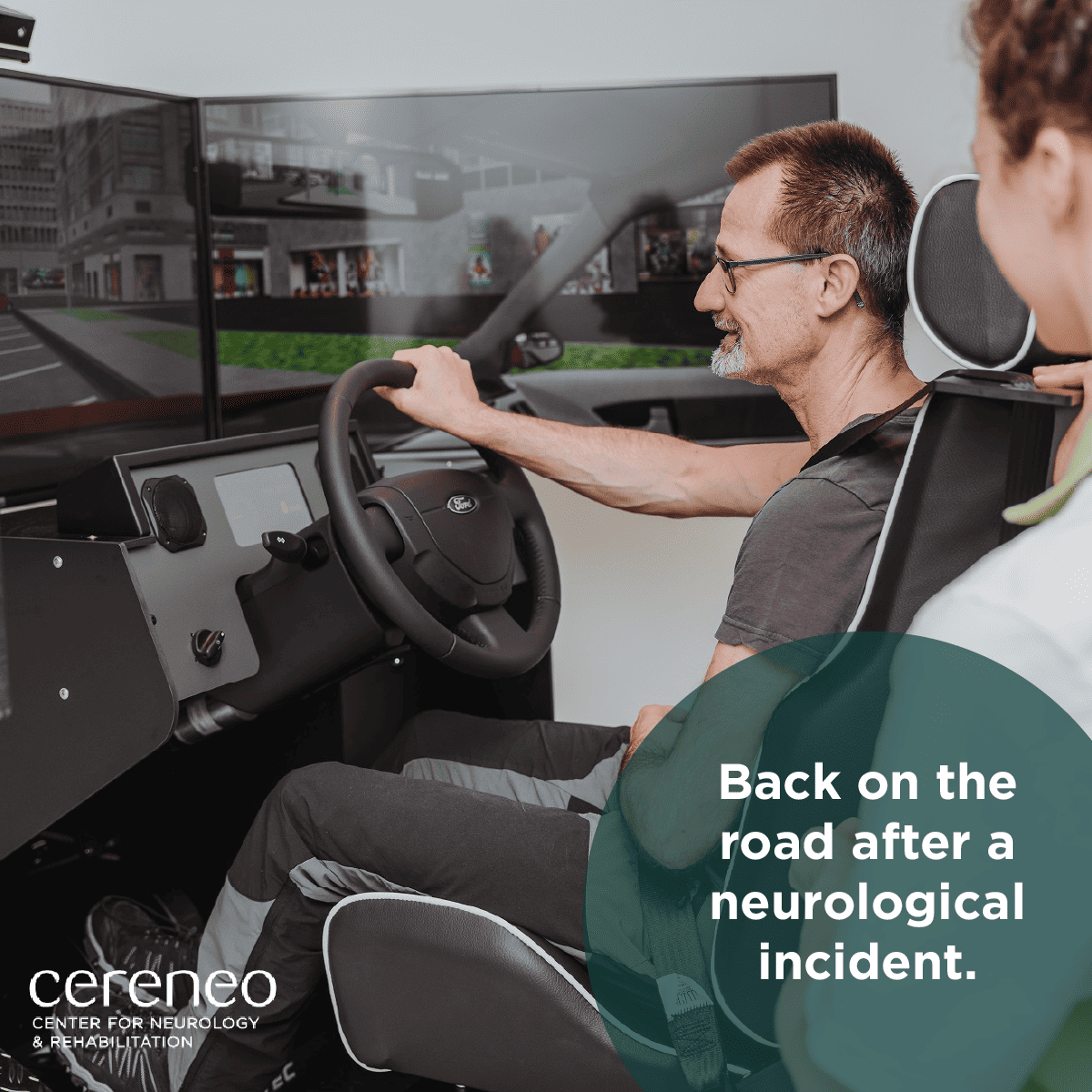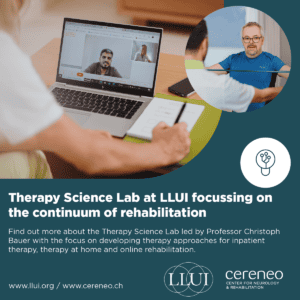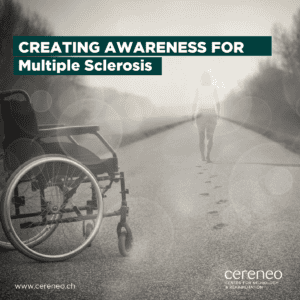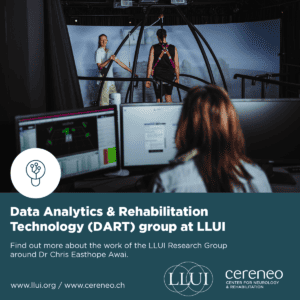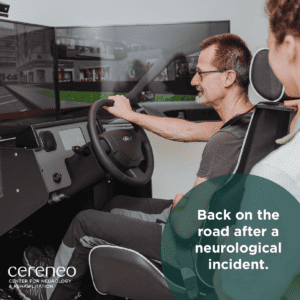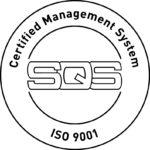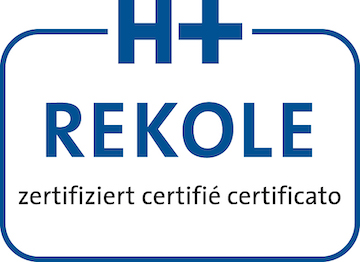From left to right: Dr. Alejandro Melendez-Calderon, Heike Berk, Dipl.-Inf. Med. Andreas Nicklas, Dr. Mario Widmer, Dr. Sandra Giovanoli & Dr. Krizia Ferrini.
Dr. Mario Widmer is working as a research scientist and movement science specialist at cefir. He is involved in the development and testing of different kinds of (remote) measurement methods that enable us to track motor recovery after stroke in-clinic and at home. For this interview, we have asked him a few questions about the cereneo foundation, its team members and contribution.
Can you tell us about the cereneo Center for Interdisciplinary Research (cefir)?
‘’The cereneo Center for Interdisciplinary Research (cefir) is a non-profit foundation dedicated to promoting and enabling research in direct connection to a clinical environment but without being directly involved in daily clinical business.
Our main goal is to advance the field of (tele-)rehabilitation. Another focus of cefir is to enable novel therapeutic interventions and to monitor patients at home – hence tele-rehabilitation. This topic is consolidated within the cereneo Advanced Rehabilitation Institute (CARINg).‘’
Who is involved besides you?
‘’The cereneo Center for Interdisciplinary Research (cefir) consists of a group of researchers who are experts in their field. That is managing director Dipl.-Inf. Med. Andreas Nicklas, neuroscientist (PhD) Sandra Giovanoli, biomedical/rehabilitation engineer (PhD) Alejandro Melendez-Calderon and registered dietitian-nutritionist (PhD) Krizia Ferrini.
In addition, we get support from students from partner universities (such as the University Hospital Zurich) who are conducting an internship or write their Master theses under our supervision.’’
How do we assess quality solutions in the field of neurorehabilitation?
‘’By repeatedly quantifying the treatment success for each patient. At cereneo, we have a well-trained team of assessors who perform a set of standard clinical assessments that has been elaborated with our research partners from the University Hospital of Zurich. However, these standard assessments are often not sensitive enough to capture the quality of sensorimotor performance.
With our work, we will eventually have measurement solutions to track individual improvements that would potentially be overseen using standard methods. This will help the medical team get objective feedback about the treatment success.’’
What makes your work exciting?
‘’I am very proud to be working in a team that tries to truly advance the neurorehab field thus impacting the way stroke patients will be treated and monitored in the future.’’
